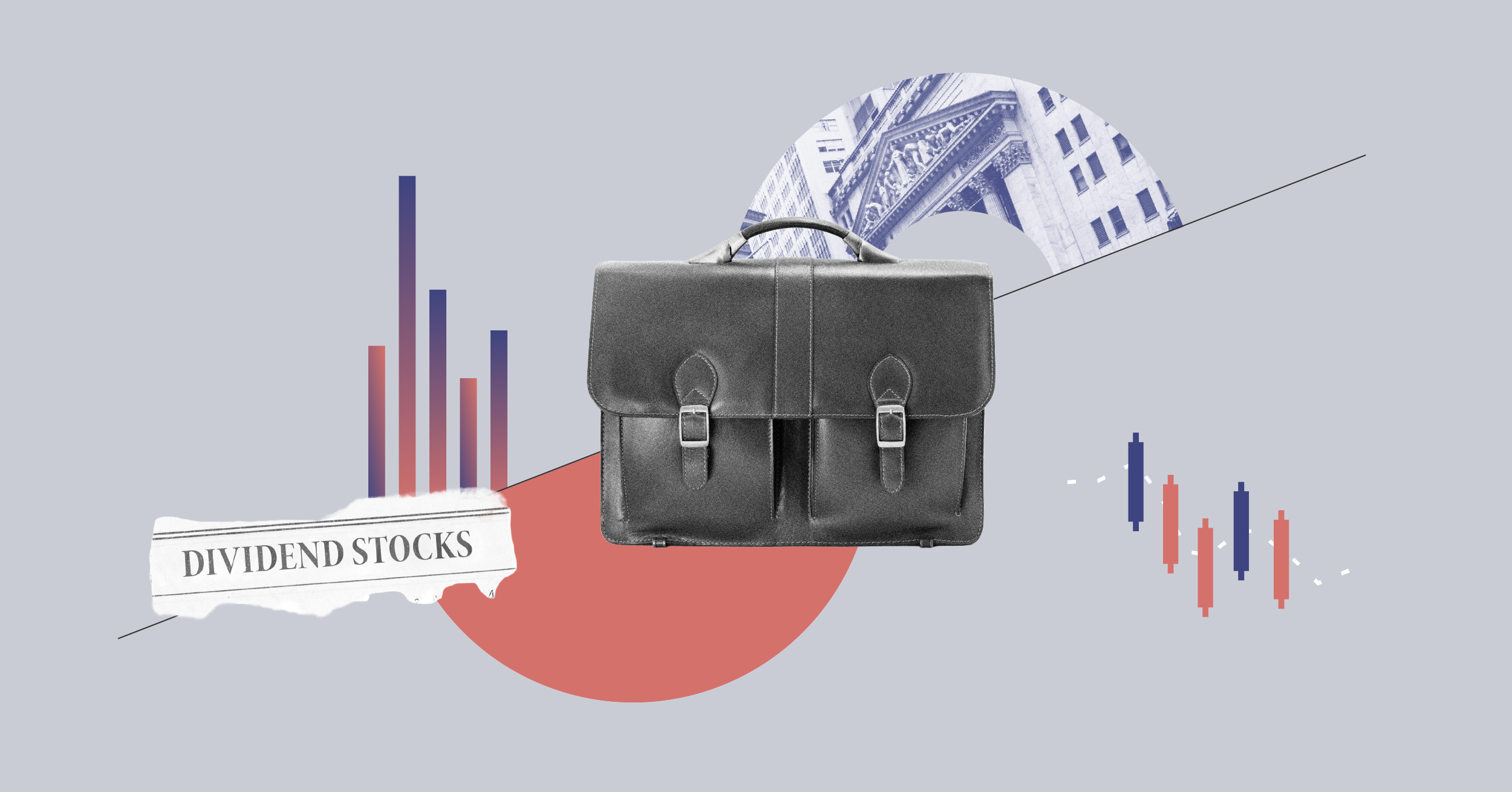Emma Wall: Hello, and welcome to the Morningstar series 'Why Should I Invest with You?' I am Emma wall and here with me today is Jacob de Tusch-Lec, manager of the Artemis Global Income Fund. Hello, Jacob.
Jacob de Tusch-Lec: Hey, Emma.
Wall: So, over the summer, you've been reducing your European exposure, taking it down from around 45% to around 35%. Why is that?
Tusch-Lec: I think risk management is probably the way to look at it. When I went massively overweight Europe a few years ago, Europe was very cheap. Everybody had given up on the Eurozone. Things couldn't get any worse. Now Europe is pretty much a mainstream loan for a lot of funds. European equities are probably fairly valued. And when you look at the macro data, things aren't exactly great. We're sort of betting on things getting so bad that Draghi is going to bail us out again, but there is less and less raw ammunition. So I still have a very big portion of the fund in Europe where valuations are constructive at best, but it's no longer just a ‘close your eyes and buy it’ environment we're in.
Wall: Because 35% is still more than the benchmark, is it then as you suggested about being more tactical about your European allocation?
Tusch-Lec: It's still very overweight compared to the benchmark and I think more importantly, within Eurozone we're entering a time where buying the right countries makes sense again. I'm very overweight Southern Europe which might be counterintuitive because it's still the risky place to be. But the ECB has made it clear that they are going to bail out Europe and bail out Southern Europe.
So, I think you got a bit of a policy put in place in Southern Europe whereas other parts of Europe are just getting the poor growth. The declining euro over the past couple of months might give a bit of a stimulus to the exporters in the north, the French and the German exporters, but I think it's going to be short-lived as we don't really see a global cyclical recovery or a synchronised recovery coming. So, I still think that Southern European countries are where I've put quite a lot of capital.
Wall: It might come as a surprise to investors who perhaps think the U.S. is overvalued that you have actually been buying a couple of things in America. What opportunities are you seeing there?
Tusch-Lec: Well, the thing about the U.S. is that it's overvalued but it's also by far the best economy in the world right now and it's an economy that's normalised. They have really cut the banking system, cut the bad debts. They've done all the hard restructuring that we're struggling with in Europe and that Japan hasn't done for decades.
So, I think you got to be quite selective in the U.S. and know that you're not buying a lot for multiple expansions. When you buy something on a P/E of 15 or 20, odds are that it's not going to go to 25; but you can buy it for earnings growth, good management, good corporate governance and an economy that's essentially growing. So, what I have been focusing on in the U.S. are sort of good companies with a bit of a cyclical backdrop that can take advantage of the strong economy and usually you can get those may be at 16, 17 times. Buying cyclicals in Europe, they look cheap, but there might be value traps as Europe is moving closer to sort of the deflationary recessionary environment.
Wall: And then because it is a global fund, what about your emerging markets allocation, I know you've been adding to that?
Tusch-Lec: Yeah. So emerging markets is a tricky one because there are big differences between emerging markets. I mean Brazil right now is all about the election. South Africa is all about basically stemming corruption and iron ore price. So there are a lot of different dynamics going on in the emerging markets.
What I like in emerging markets are boring stocks. So, I tend to say, when you go to emerging markets don't buy an exciting stock because you get too much risk. So, what we have is, in Hong Kong for example, we have a couple of utilities, some toll roads in China, pretty defensive industries but still showing better growth than a toll road would, let's say, in Italy or in the U.S. because traffic growth in China is still double-digit in many areas.
Wall: And with that does that come with a growing dividend?
Tusch-Lec: Yes, absolutely. I mean if you think of a toll road, you build it and you get the tolls at the beginning or the end and if the numbers of cars go up and the number of trucks goes up, you get pretty big volume increases. So, that kind of operational gearing is what you still get in emerging markets, it's harder to get in Italy, for example, where traffic growth is about 1%.
Wall: Jacob, thank you very much. This is Emma Wall for Morningstar. Thank you for watching.






























